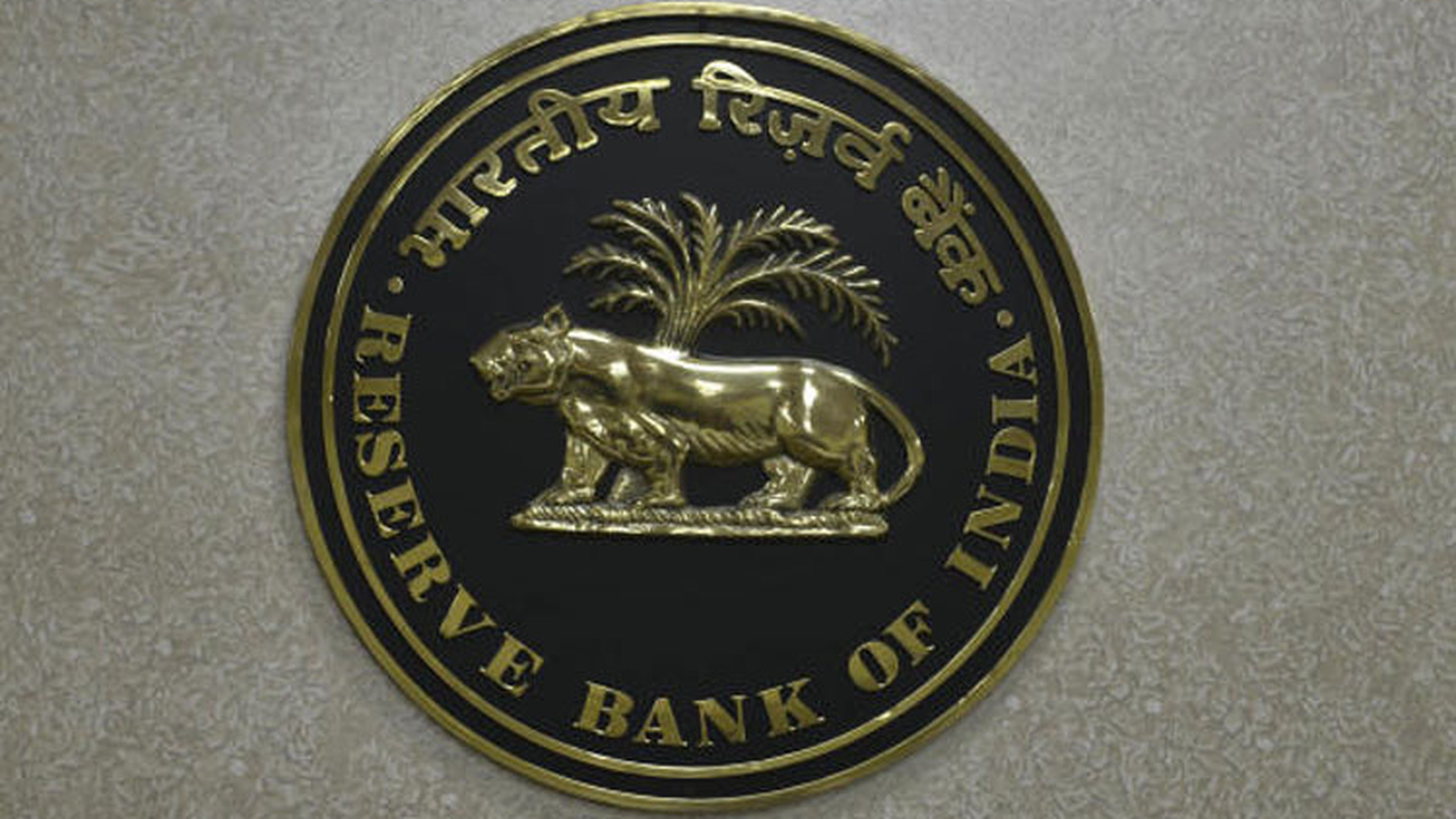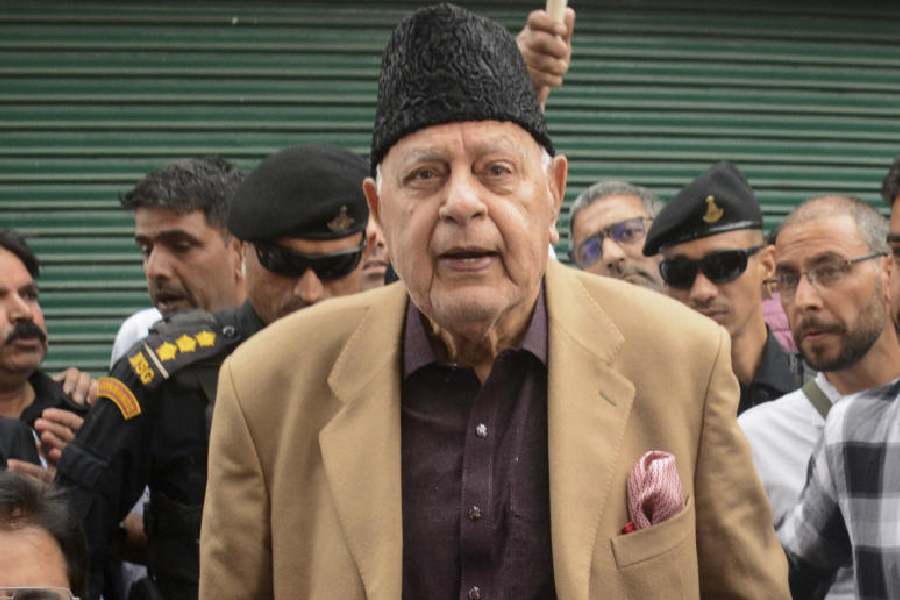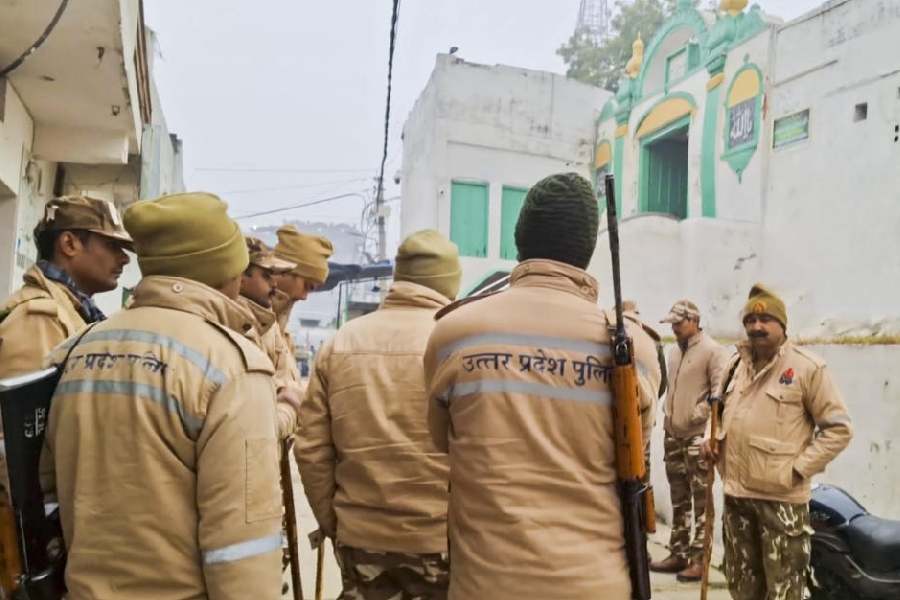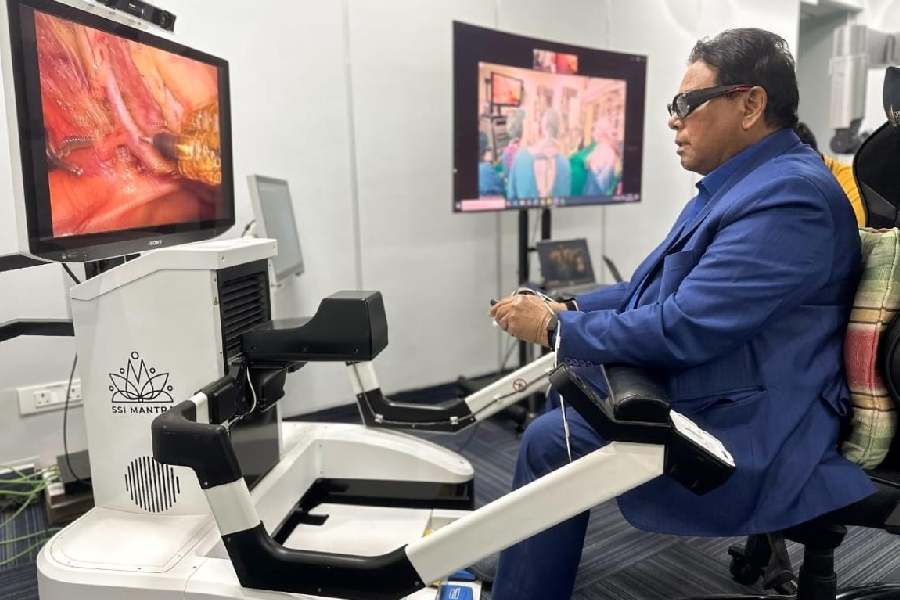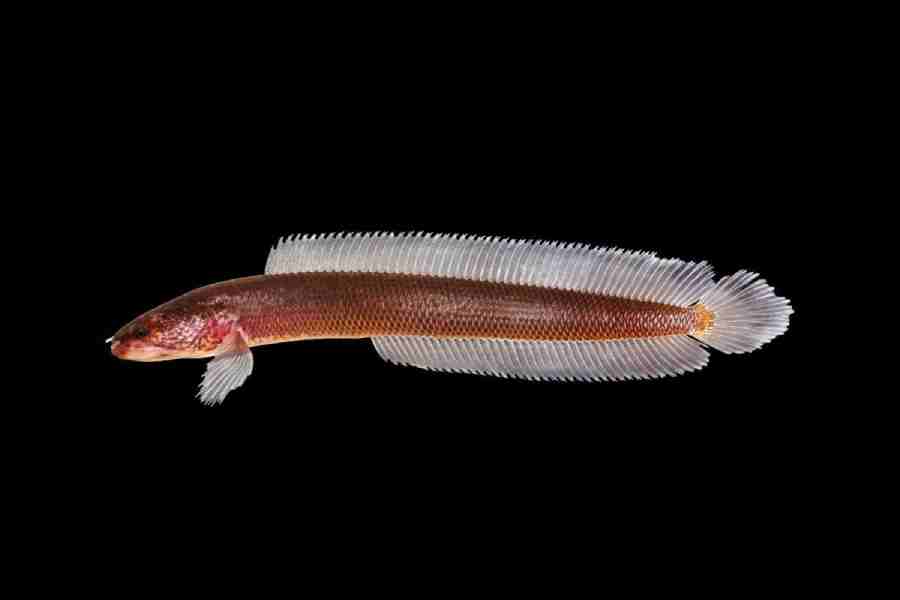The Reserve Bank of India (RBI) on Friday slashed interest rates, extended moratorium on loan repayments and allowed banks to lend more to corporates in an effort to support the economy which is likely to contract for the first time in over four decades.
The benchmark repurchase (repo) rate was cut by 40 basis points to 4 per cent, Governor Shaktikanta Das said announcing the decisions taken by the central bank's Monetary Policy Committee (MPC) that met ahead of its scheduled meeting in early June.
Consequently, the reverse repo rate was reduced to 3.35 per cent from 3.75 per cent.
He said the MPC had voted to maintain its accommodative stance, implying more rate cuts in the future if need arises.
The RBI supplemented the interest rate cut by extending by three months the permission given to all banks to give a three-month moratorium on payment of monthly instalments on all outstanding loans, providing relief to home and auto buyers as well as real estate sector where construction activities are already at a standstill.
The moratorium on interest on working capital was also extended by three months.
Also, interest accumulated for the six-month moratorium period can be converted into a term loan, Das said.
Further, bank exposure to corporates has been raised to 30 per cent of the group's networth from the current limit of 25 per cent, a move that will allow lenders to give larger loans to companies.
In its first official forecast for economic growth, the central bank has said the gross domestic product (GDP) is likely to contract in FY21 (April 2020 to March 2021).
Das said the inflation outlook is highly uncertain due to the outbreak of the Covid-19 pandemic and expressed concern over elevated prices of pulses.
He also said there is a need to review import duties to moderate prices.
Headline inflation may remain firm in the first half of the year and may ease in the second half. Inflation may fall below 4 per cent in the third or fourth quarter of the current fiscal, according to the Governor.
This is the second straight cut in interest rates in two months. On March 27, RBI had cut interest rates by 75 basis points.
'After extensive discussions, the MPC voted unanimously for a reduction in policy repo rate and for maintaining the accommodative stance of the monetary policy as long as necessary to revive growth and to mitigate the impact of Covid-19 while ensuring that inflation remains within the target,' Das said.
The central bank will remain vigilant and in battle readiness to address dynamics of unknown future arising from Covid-19 outbreak, he added.
GDP growth in 2021-21 likely to be negative: Das
The RBI said India's gross domestic product (GDP) growth will be in negative territory in 2020-21 as the outbreak of coronavirus has disrupted economic activities.
In a televised address, RBI Governor Shaktikanta Das said the global economy is heading into recession. He also said inflation outlook is 'highly uncertain'.
'Domestic economic activity has been impacted severely by the two-month lockdown,' he said and added that the top-six industrialised states that account for 60 per cent of India's industrial output are largely in red and orange zones.
He said high-frequency indicators point to collapse in demand, and there is a plunge in demand for electricity and petroleum productions.
The biggest blow is to private consumption that accounts for 60 per cent of domestic demand, the governor said.
Das said the combined impact of demand compression and supply disruption will depress economic activity in the first half of the current fiscal.
'Assuming that economic activity gets restored in a phased manner in the second half of this year and taking in consideration favourable base effect, it is expected that combined fiscal, monetary and administrative measures currently undertaken by both the government and RBI create conditions for gradual revival of activities in the second half of 2020-21.
'GDP growth in 2020-21 is estimated to remain in the negative territory with some pick up in growth impulses in the second half of 2020-21 onwards,' he said.
On inflation, Das said headline inflation may remain firm in the first half of the current financial year, and ease in the later part of the year.

